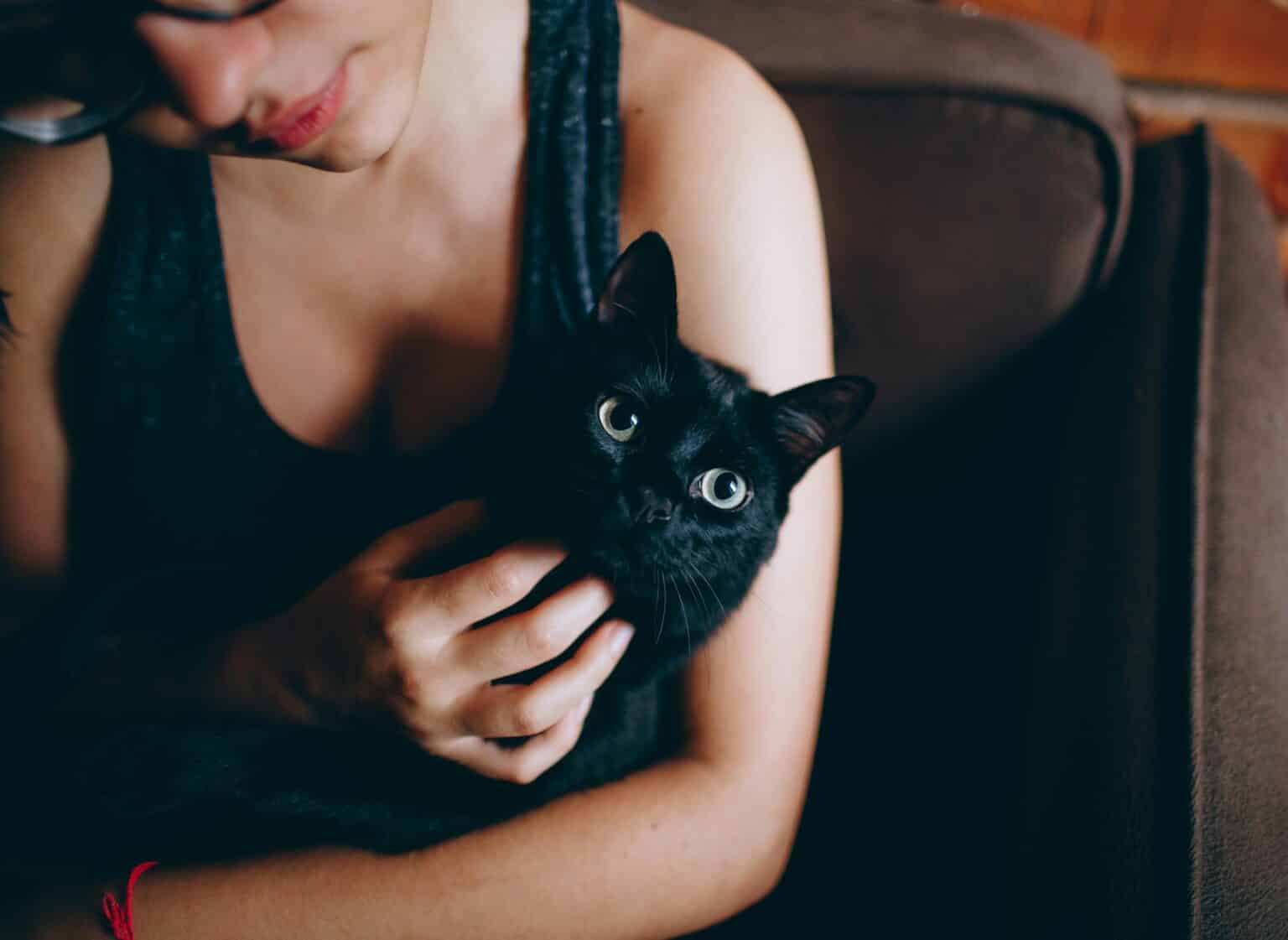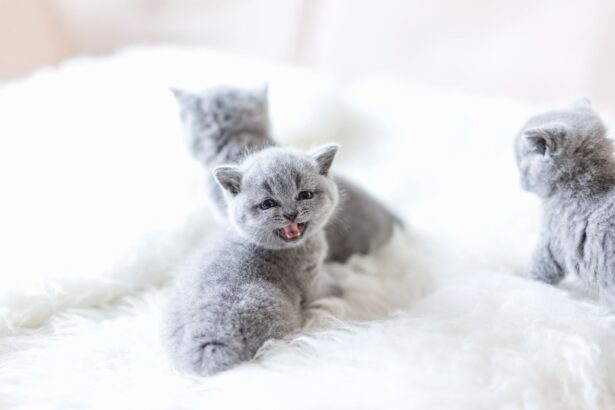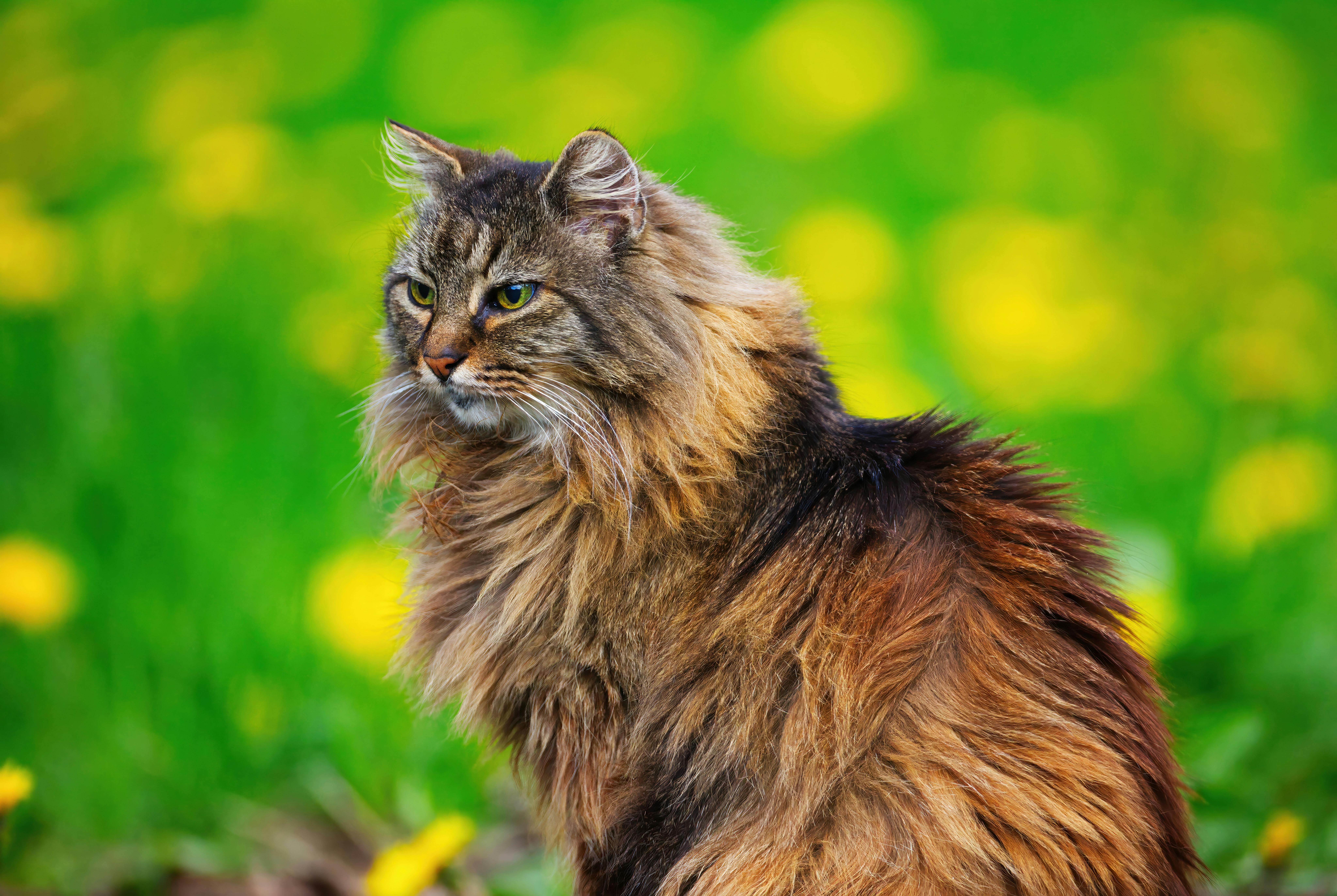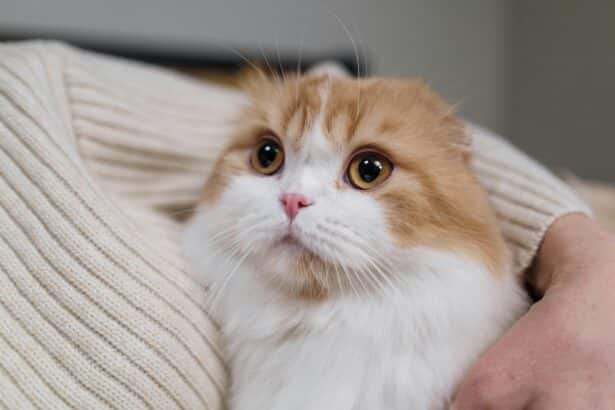Black cats have long carried a suitcase full of myths, yet in real life they’re tender, playful and wonderfully loyal. If you’re dreaming of a mini panther to curl up on your lap, this guide will help you adopt with confidence and care for that glossy coat like a pro.
Where to adopt a black cat
Two main paths: shelters or responsible breeders. Neither is “better” by default—choose the route that fits your heart, lifestyle and values.
- Shelter adoption: You offer a second chance, and often meet adults whose personalities are already known. Many shelters include health checks and initial vaccinations.
- Responsible breeder: Useful if you want a specific breed or temperament line. Always ask about health testing, socialization and living conditions.
Bringing a new cat into a home that already has a feline queen or king? A calm, step-by-step introduction protects everyone’s whiskers. Try this gentle method for introducing a new cat without conflict.
Preparing your home for a black cat
Black cats can blend into twilight like little ninjas, so think safety and visibility. Secure windows and balconies, remove toxic plants and cleaners, and create a cosy basecamp with a bed, litter, water and a few hiding spots.
- Vertical paradise: Cat trees, wall shelves and window perches help your cat feel safe and entertained.
- Litter logic: Quiet location, away from food and high traffic. If you’re choosing between clumping, silica or plant-based, this litter guide can help.
- Night visibility (pro tip): Place low, motion-activated nightlights along hallways and use a soft breakaway collar with a reflective charm. You’ll avoid the midnight “oops-I-stepped-on-a-tail” dance.
Special care for black coats
That inky coat is stunning—and practical. Dark fur is less prone to sunburn than pale coats, but black cats can heat up faster under strong sun. Offer shade, fresh water and cool spots in summer.
- Skin and coat checks: Watch for dandruff, bald patches or itchiness. Early attention prevents bigger issues—here’s how to start spotting cat illnesses at home.
- Surprising fact: Many black cats “rust” into chocolate or reddish tones after sun exposure—totally normal and rather chic.
- Stress matters: Cats show tension through grooming changes and litter mishaps. Maintain a predictable routine and add play sessions to release energy.
Feeding and grooming your black cat
A shiny coat begins in the bowl. Choose complete, high-quality food with adequate protein and essential fatty acids. A sprinkle of vet-approved omega-3 can boost skin comfort and shine.
- Common mistake to avoid: Feeding tuna or one type of fish daily. It’s unbalanced long term and may contain excess minerals. Rotate proteins and stick to complete recipes.
- Brushing ritual: 2–3 times a week for short coats (daily during shedding). Brushing lifts dust, spreads natural oils and keeps that velvet look.
- Bathing? Rarely needed. If necessary, use a gentle, cat-safe shampoo and rinse thoroughly to protect the coat’s natural gloss.
If you’re tweaking portions or wondering about wet vs. dry, our guide to feeding your cat well keeps things simple and healthy.
Life together: play, training and safety
Curiosity is a black cat’s superpower. Offer puzzle feeders, wand toys and short daily play bursts to mimic the hunt sequence—stalk, chase, catch, snack, nap.
- Easy cue: Teach “come” using a soft whistle or bell before meals. It’s adorable, practical at night and helpful if your cat slips into a closet.
- ID first: Microchip, updated ID tag and a breakaway collar. Indoors-only? Still essential—accidents happen and indoor cats can get lost.
- Photo tip: For Instagram-worthy shots, face your cat toward a window, use a light blanket or backdrop, and focus on the eyes. Hello, glossy supermodel.
The joys of loving a black cat
Under the spotlight or curled in a shadow, black cats radiate calm elegance and goofy charm. They’re affectionate, loyal and quick to bond with “their” person. Open your home, and you’ll discover a companion who turns ordinary moments into small, purring celebrations.
FAQ
Are black cats more affectionate than other cats?
Affection depends on personality and socialization, not color. Many black cats are gentle snuggle-bugs, but every feline is an individual.
Do black cats need special grooming products?
No special color products required. Regular brushing, a balanced diet and occasional wipes for dust are enough to keep the coat glossy.
Are black cats safe in the sun?
They’re less prone to sunburn than white cats, but they can overheat. Provide shade, fresh water and cool resting spots during hot hours.
What is the best home setup for a black cat?
Quiet basecamp, vertical spaces, safe windows and good lighting at night. For multi-cat homes, introduce gradually to protect harmony and confidence.







